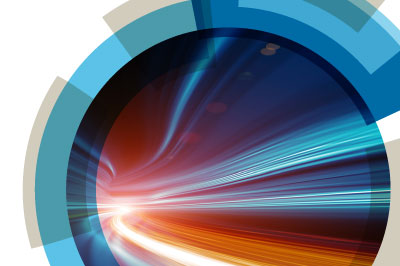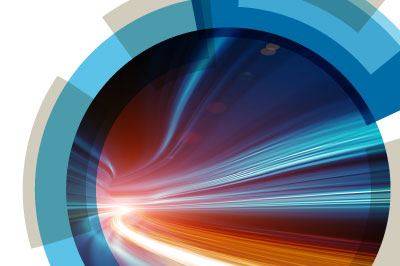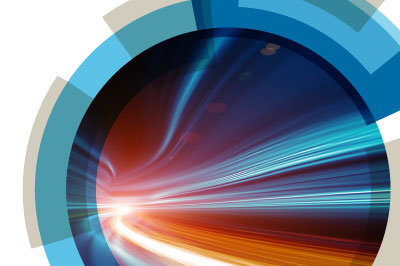Welcome
Join us in Baltimore in May 2023 for this latest addition to our Faraday Discussion series. For over 100 years and 300 meetings, Faraday Discussions have led the conversation in the sciences lying between chemistry, physics and biology. Many Discussions have become landmark meetings in their field, with their unique format allowing for in-depth discussions and opportunities to establish new collaborations.This meeting is for established and early-career scientists, post-graduate students and industrial researchers interested in high-resolution astrochemistry. Both computational and experimental scientists working to unlock the secrets of astrochemistry and astronomers engaged in observing and understanding star and planet formation will come together to understand the many physico-chemical processes that drive the modern Universe.
Oral and poster presentation opportunities are available to all, and we invite you to submit an oral or poster abstract to make your contribution alongside leaders in the field.
On behalf of the organising committee, I look forward to welcoming you to the Space Telescope Science Institute, Baltimore.
Martin R. S. McCoustra
Heriot-Watt University and Conference Chair
Format
Faraday Discussions remain amongst the only conferences to distribute the speakers’ research papers in advance, allowing the majority of each meeting to be devoted to discussion in which all delegates can participate. Following each meeting a written record of the discussion is published alongside the papers in the Faraday Discussion journal. Find out more in the video available.Themes
The aim of this meeting is to bring together researchers from astronomy, gas-phase, solid state and surface physics, and chemistry communities to address the wide-ranging roles of chemistry in astronomy in the light of the wealth of observational detail becoming available in this era of high resolution astrochemistry. Our window on the universe is being opened more widely as new observational platforms are developed that will overcome the limitations of resources currently available to astronomers.Together we will address the role of chemical spectroscopy in identifying chemical species and probing their environments; we will attempt to understand the interplay of gas-phase, surface, solid state and photochemically-induced processes that drive the chemical evolution of our Galaxy and others; how this chemical evolution is intimately involved in controlling the process of star and planet formation; and how chemistry brings us to the edge of biology.
The Faraday Discussion will be organised into the following themes:
Observational astrochemistry in the age of ALMA, NOEMA, JWST and beyond!
There is much speculation about the chemistry occurring in a range of astronomical environments, but without observations on such environments such speculation is without foundation. Observational astrochemistry is the foundation on which astrochemistry is built. At the moment, we are seeing a revolution in the observational capabilities available to astronomers that is expected to continue into the 2020s and beyond. New and planned observational platforms are, and will, offer the potential for high-sensitivity and high-spatial resolution observations with chemical specificity across broad swathes of the electromagnetic spectrum. JWST, in particular, will provide unparalleled sensitivity in observing key species inaccessible to ground-based observatories. Indeed, there is much expectation of significant enhancement of the known chemical inventory in space as more and more complex organic molecules are revealed, placing even greater demands on Laboratory Astrochemistry to both aid in their assignment and explain their origin.
Laboratory astrochemistry of the gas phase
99% of the mass of the interstellar medium is gaseous; varying in density and temperature over a wide range as a result of variations in astronomical environment. Observations tell us which chemical species are present in various environments (if we can identify them and that in itself is a major challenge), but we need chemistry to explain how these species are formed and what happens to them as time and the physical evolution of astronomical environments progresses.
Laboratory astrochemistry of and on dust and ices
Just 1% of the mass of the interstellar medium is associated with solid state materials; dust and ices. But the dust and ice have a disproportionate impact on the chemistry of the interstellar medium. The formation of H2, the progenitor of much of the chemistry that we observe, is mediated by dust and ices. Ices themselves are a reservoir of small molecules crucial to the radiative cooling of collapsing gas clumps and hence intimately linked to the formation of small, long-lived stars. The ices are the chemical nanofactories in which the chemical precursors to biology may even be formed. Observations of the solid state in the infrared point to what might be present, but we rely on desorption of the ice and observation in the gas phase to infer the complexity of the chemistry that might be occurring on and in icy grains. Again, we need chemistry to explain how these species get there and what happens to them as time and the physical evolution of astronomical environments progresses.
Computational astrochemistry
The goal of astrochemistry is ultimately to explain what we see in the chemical Universe. To do so we must take laboratory observations and blend that with knowledge of the environments we hope to understand in numerical simulations. This is the goal of computational astrochemistry. The chemical network simulation lies at the heart of this topic, but these must also reflect the dynamics of the local environment.










